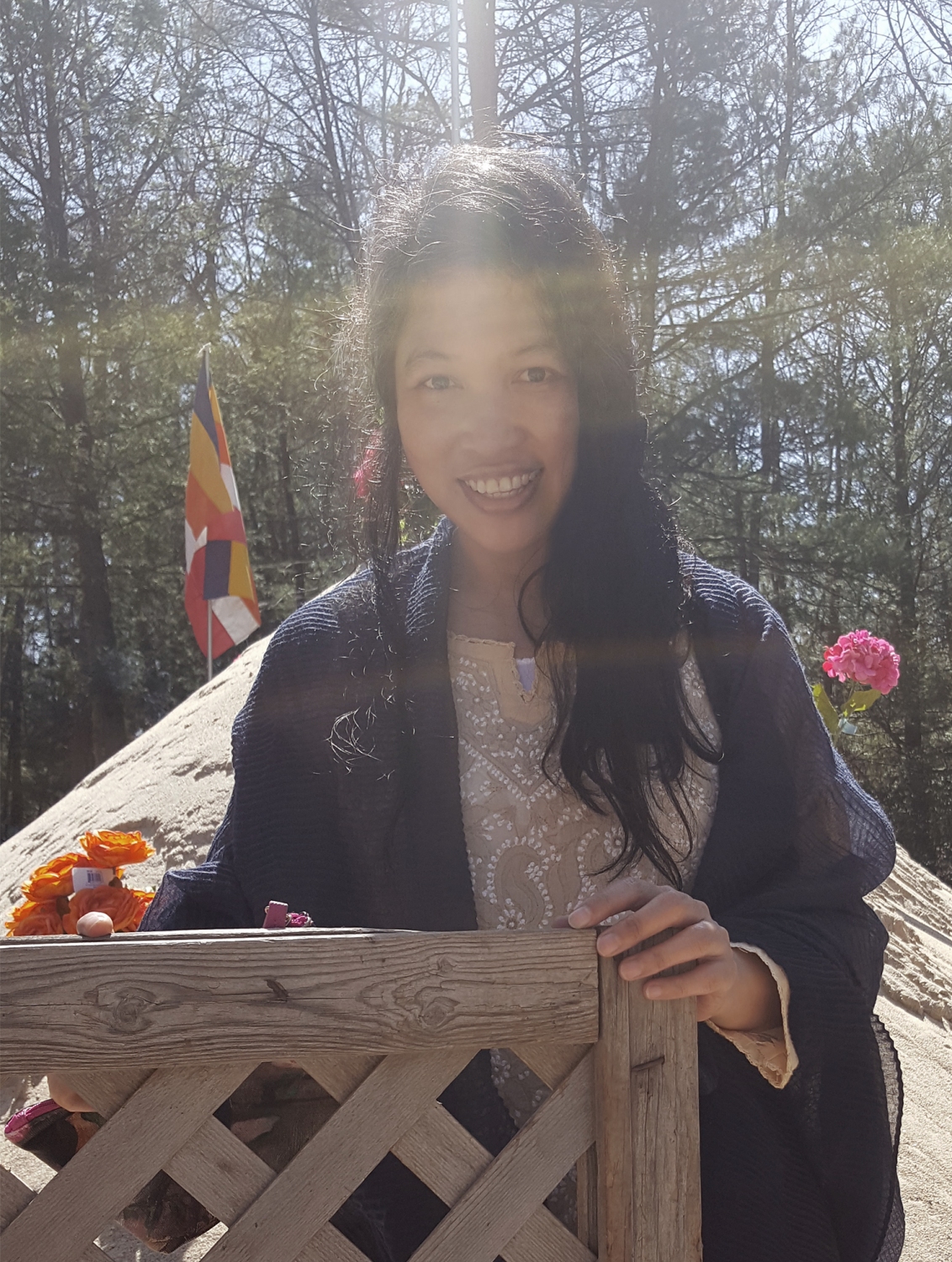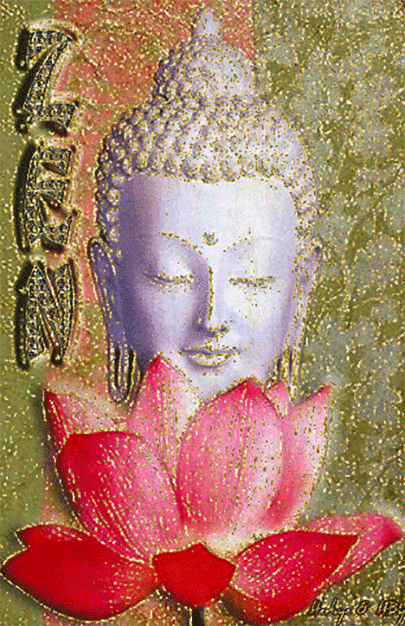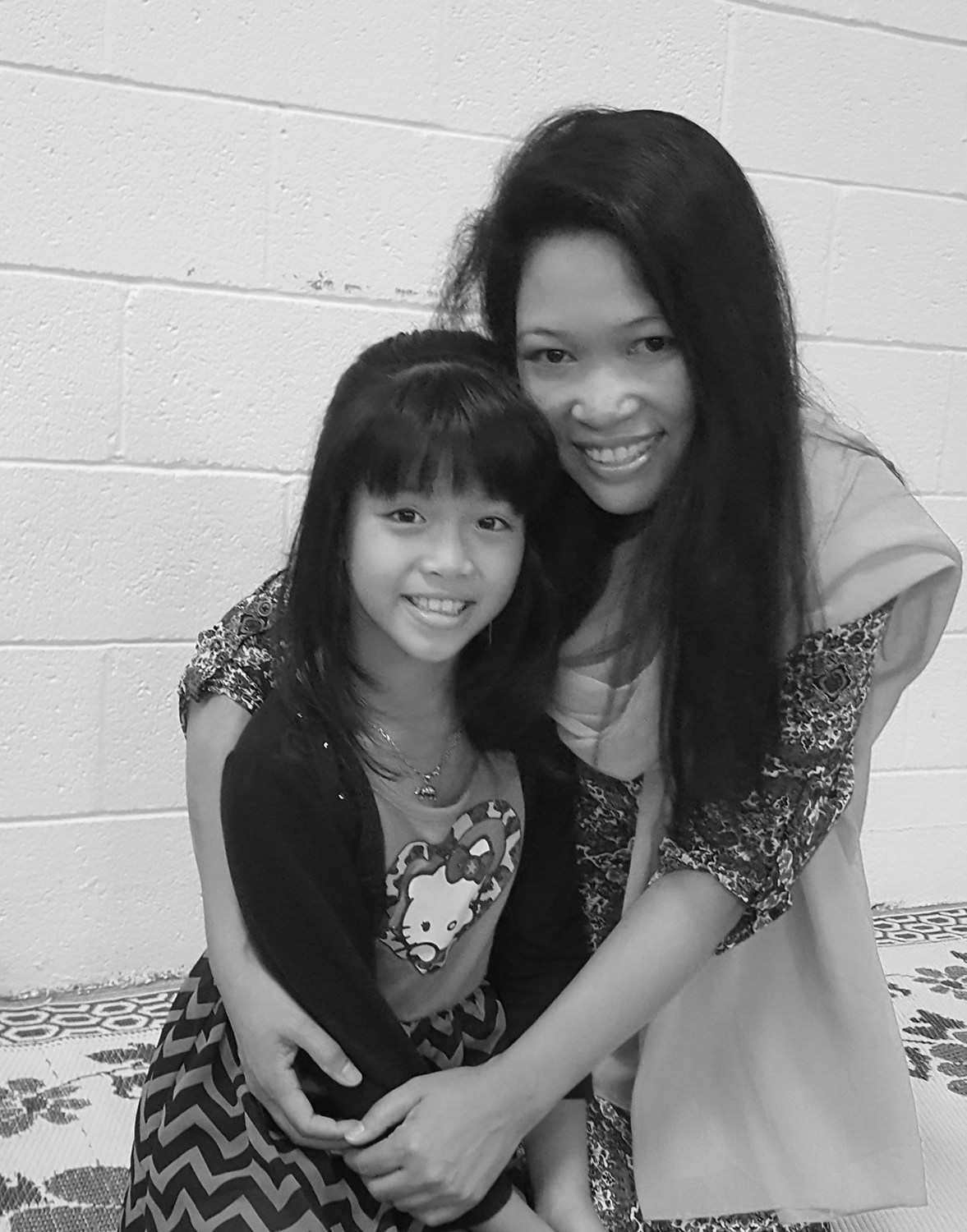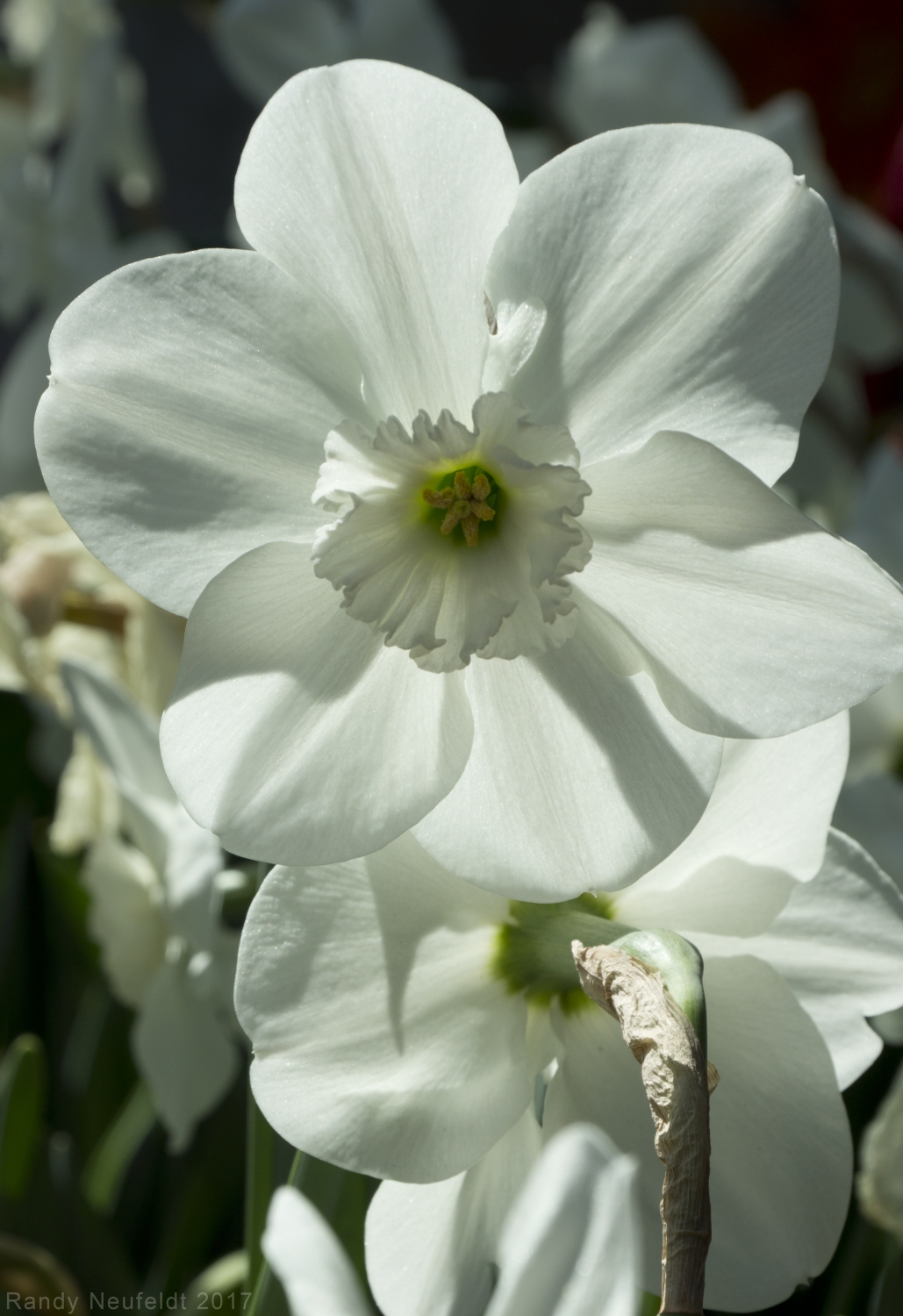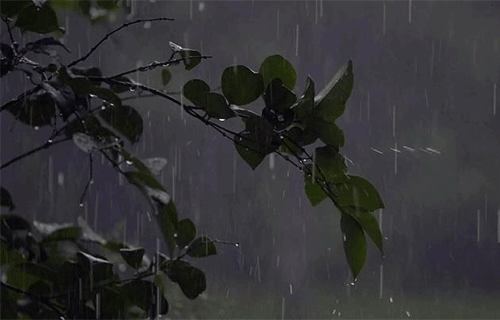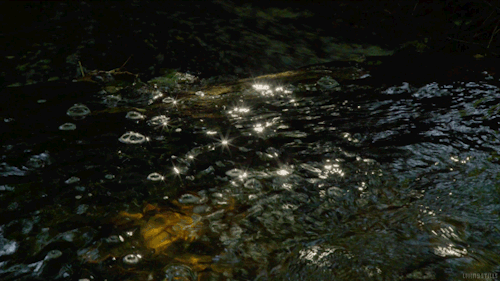
Verse 66: With themselves as their own enemies, fools lacking in intelligence, move about doing evil deeds, which bear bitter fruits.
The Story of Suppabuddha, the Leper
While residing at the Jetavana monastery, the Buddha uttered Verse (66) of this book, with reference to Suppabuddha, a leper.
Suppabuddha, the leper, while sitting at the back of the crowd and listening attentively to the discourse given by the Buddha, attained Sotapatti Fruition. When the crowd had dispersed, he followed the Buddha to the monastery as he wished to tell the Buddha about his attainment of Sotapatti Fruition. Sakka, king of the devas, wishing to test the leper’s faith in the Buddha, the Dhamma and the Samgha, appeared to him and said, “You are only a poor man, living on what you get by begging, with no one to fall back on. I can give you immense wealth if you deny the Buddha, the Dhamma and the Samgha and say that you have no use for them.” To this, Suppabuddha replied. “I am certainly not a poor man, with no one to rely on. I am a rich man; I possess the seven attributes which the ariyas possess; I have faith (saddha), morality (sila), sense of shame to do evil (hiri), sense of fear to do evil (ottappa), learning (sula), generosity (caga) and knowledge (panna).
Then, Sakka went to the Buddha ahead of Suppabuddha and related the conversation between himself and Suppabuddha. To him the Buddha replied that it would not be easy even for a hundred or a thousand Sakkas to coax Suppabuddha away from the Buddha, the Dhamma and the Samgha. Soon after this, Suppabuddha arrived at the monastery and reported to the Buddha about his attainment of Sotapatti Fruition. On his way back from the Jetavana monastery, Suppabuddha was gored to death by an infuriated cow, who, in fact, was an ogress assuming the form of a cow. This ogress was none other than the prostitute who was killed by Suppabuddha in one of his previous existences and who had vowed to have her revenge on him.
When the news of Suppabuddha’s death reached the Jetavana monastery, the bhikkhus asked the Buddha where Suppabuddha was reborn and the Buddha replied to them that Suppabuddha was reborn in Tavatimsa deva realm. The Buddha also explained to them that Suppabuddha was born a leper because, in one of his previous existences, he had spat upon a paccekabuddha.
Then the Buddha spoke in verse as follows:
Verse 66: With themselves as their own enemies, fools lacking in intelligence, move about doing evil deeds, which bear bitter fruits.
Dhammapada Verse 66
Suppabuddhakutthi Vatthu
Caranti bala dummedha
amitteneva attana
karonta papakam kammam
yam hoti katukapphalam.
Source: Tipitaka


